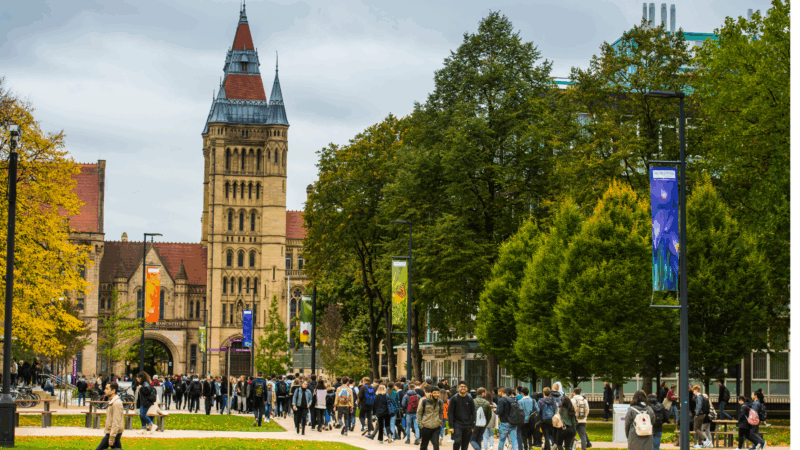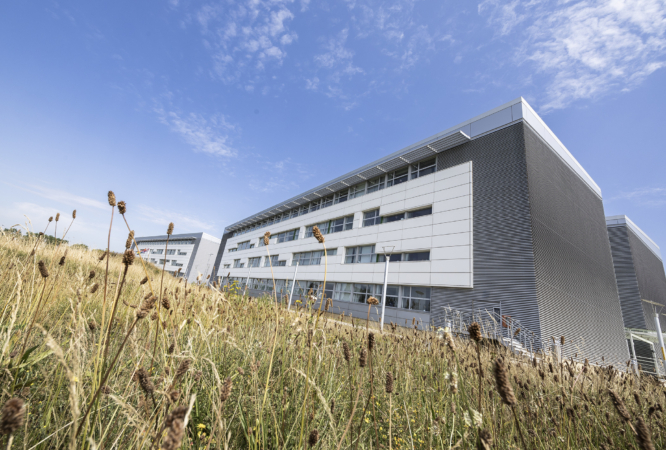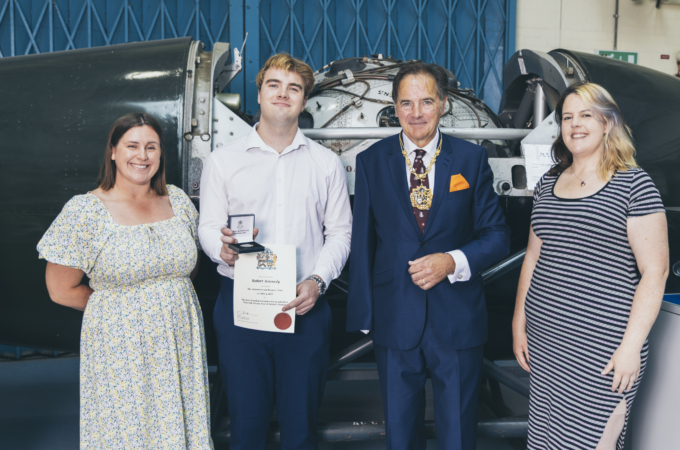AWE collaborates with the European XFEL to recreate the conditions at the centre of giant planets
Landmark commissioning project combines AWE’s experience in creating extreme environments with the world-leading capabilities of the European XFEL light source.
Scientists can find out a lot about materials and the inner workings of our universe by recreating extreme environments, like those at the centre of giant planets, here on Earth. These experiments help to push the boundaries of what we know today about fusion energy and planetary and solar physics.
AWE has completed its first project with world’s largest x-ray laser, the European XFEL (X-Ray Free-Electron Laser Facility) to investigate how materials respond to extremely high pressures. At this advanced light source, researchers used ReLaX (Relativistic Laser at XFEL), an optical laser, to aim shock waves, 30 million times atmospheric pressure, at materials. They then simultaneously monitored them side-on with x-rays and observed the position and density of the shock front using a phase contrast imaging technique.
The experiment represents a step forward in our understanding of how an ultra-short pulse laser and XFEL beam can together be applied to shock physics experiments. It also informs similar set-ups for measuring the relationship between pressure, density, temperature and internal energy of a material – particularly in extreme conditions.
Steve Gales, Senior Applied Scientist, AWE says: “It was great to have the opportunity to contribute to this commissioning effort and to work closely with both the German-based teams and the wider user community. This facility has huge potential to increase our understanding of the behaviour of materials at extreme pressures and densities.
“While these kinds of experiments usually take days or weeks, the European XFEL operates at far higher repetition rates, enabling data to be collected in shorter periods. During this experiment, we fired a shot every few minutes. Once fully operational, the shot rate is intended to increase to 10 shots per second. This means that large datasets can be collected in minutes, if not seconds.”
The data taken from AWE’s experiments at European XFEL will also be compared with laser-target simulations carried at AWE to help confirm the results.
The High Energy Density station at the European XFEL is set to improve with the imminent introduction of a long pulse optical laser, DiPOLE100X. AWE will be involved with its first user experiments, in collaboration with the international user community at the European XFEL.
We acknowledge the European XFEL in Germany, for provision of x-ray free electron laser beamtime at the Scientific Instrument HED (High Energy Density Science) and would like to thank the staff for their assistance. The authors are indebted to the HIBEF user consortium for the provision of instrumentation and staff that enabled this experiment.
Image: European XFEL / Jan Hosan.



